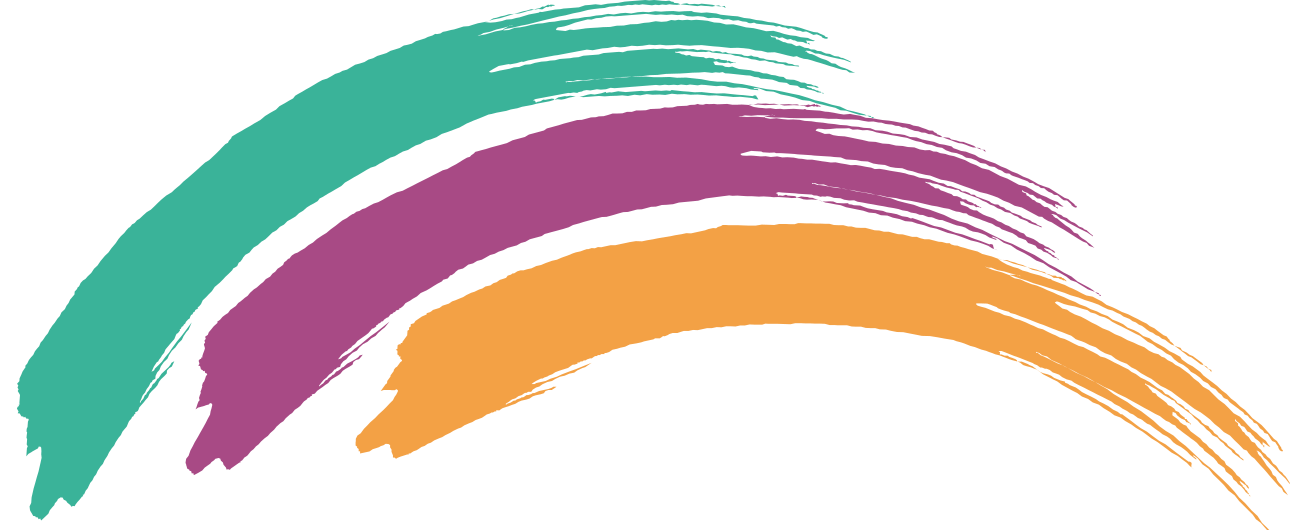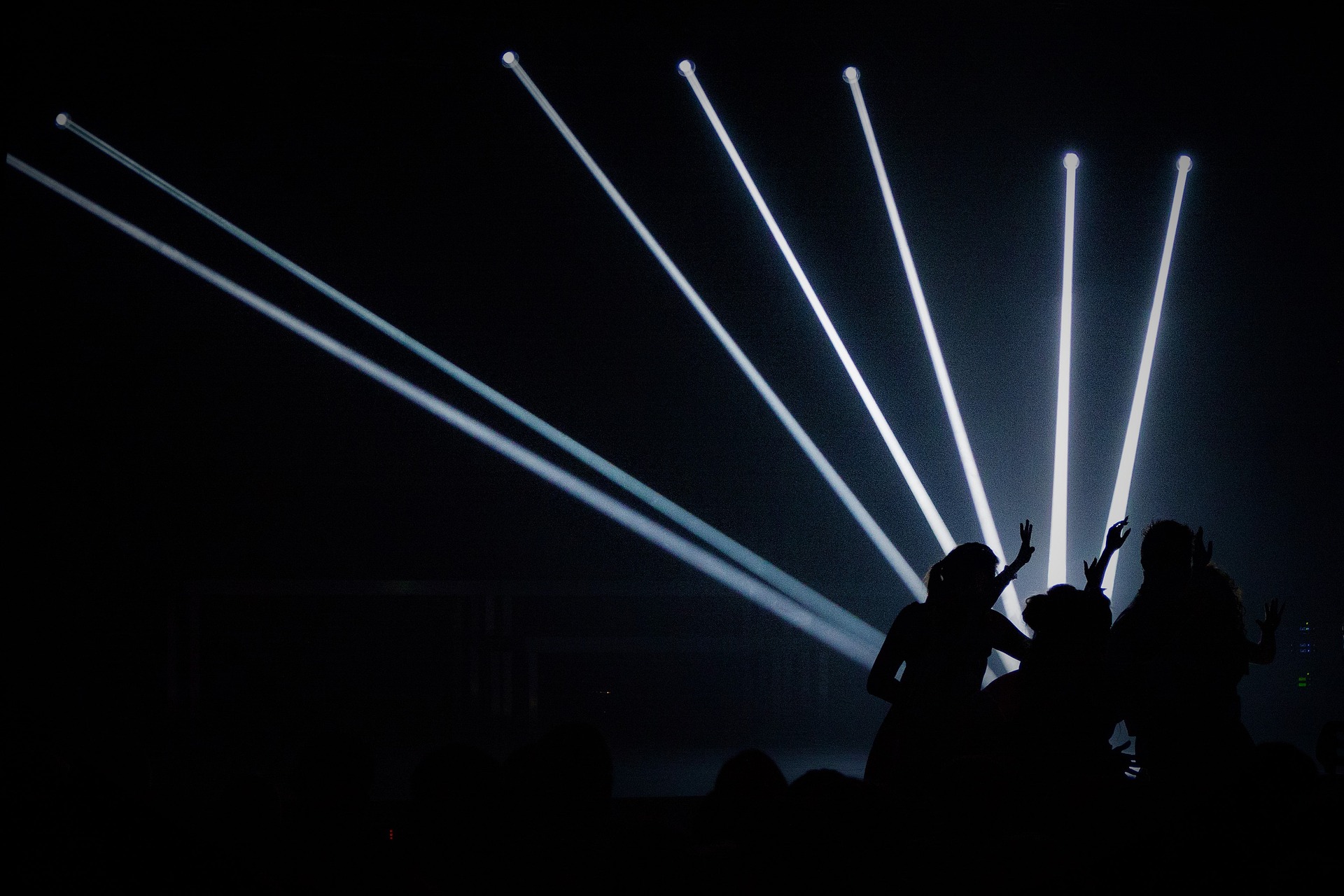
6th International Society for Intermedial Studies Conference
October 23, 2019Text & Techne, Textile Poetics | Poetic Textiles
January 10, 2023Intermédialités/Intermediality is a biannual journal, which publishes original articles in French and English evaluated through a blind peer review process.
Issue editors:
Renée Bourassa, Université Laval
Jean-Marc Larrue, Université de Montréal
Call for Papers
The current socio-digital ecosystem is characterized by a proliferation of powers of the false (Deleuze 1985, Eco 2022) that considerably reduce our ability to detect manifestations of deception. These phenomena are not new. Certain artistic practices, which we call “the arts of deception,” have long resorted to illusion, whether concealed or displayed, in order to entertain. However, the current situation seems to reveal a turning point as the "regimes of authenticity" that once provided shared reference points and guided the evolution of what was considered to be "true" are no longer viable. The effectiveness and abundance of strategies of deception in today’s information space go so far as to put our democracies at risk. Emergent regimes of authenticity take place in a so-called "posttruth" or even "post-factual" era in which transformations of the systems of truth, authority, and legitimacy are at work in the dynamics of contemporary mediations. From the perspective of intermediality, the objects targeted by this thematic issue are located both in the field of “the arts of deception”—those historical or contemporary artistic practices that deploy strategies of deception and illusion—and in today’s socio-digital ecosystem where phenomena of misinformation emerge with the reconfiguration of mediation dynamics. The two regimes give rise to social imaginaries (Castoriadis 1975) whose inner workings are best understood when placed into relation. This special issue wishes to examine the tension between these two spheres, artistic and informational, where the mechanisms and stratagems of deception—from illusion to subterfuge, from trickery to dupery—become manifest.
We therefore wish to emphasize (1) that the phenomena in question are not new since they stem from the ancient arts of lying, from the innumerable (dis)simulations or deceptions in both artistic fictions (literature, living arts, cinema, video games) and social space; and (2) that they have taken on unprecedented configurations in today’s socio-digital ecosystem where the media do not replace one another but accumulate in effects of interdependence and amplification and where borders between genres and between media are increasingly blurred (Nancy 2000, Couldry and Hepp 2016, Elleström 2014). The arts of deception often play out in phenomena that, on the boundary between the true and the false, the fictional and the documentary, deploy strategies of lies or subterfuge to question regimes of authenticity.
The problem has thus become particularly salient due to the growing complexity of the media environment and the accelerated hybridization of communication practices and technologies in the context of the unbridled and exponential growth (and resulting overflow) of information, the unprecedented challenges posed to our attentional capacities (Citton 2014), the transformation of the models of authority that intervene in the current public space, and the unrelenting development of ever more refined technologies in the art of simulation, in particular those—like automatic learning (“machine learning”) and artificial intelligence (“deep fakes”)—that are capable of manipulating images, speech, and data in order to deceive our senses or our cognitive faculties (Brundage et als 2018), hence multiplying the powers of the false.
This issue of Intermédialités will examine these and other questions related to the arts of deception and disinformation or propaganda in the digital ecosystem. In selecting the articles, we will favor two convergent and complementary perspectives: reflections on the theoretical implications of the many senses of the act of deceiving, whether today or in the past; and case studies—ranging from the arts of deception (cinema, performing arts, literature, video games) to examples of post-truth (intersection of artistic fields, information, and communication)—that highlight how "deception" intervenes into today’s digital ecosystem.
Timeline
November 21, 2022Deadline for submitting a proposal
December 19, 2022Announcement of proposal selection results
February 1st, 2023Submission of completed texts for peer review
Fall, 2023Publication of the texts approved by the editorial board
Guidelines
Proposals (350–400 words) in English or French should include an abstract, a preliminary bibliography (five books or articles) and a brief biographical note (academic program, fields of interest, 5–10 lines). Proposals will be evaluated by the journal’s scientific committee, based on the originality of the approach and the relevance of the problematic. They should be sent before November 15th, 2022 to Renée Bourassa and Jean-Marc Larrue at the following email address: renee.bourassa@design.ulaval.ca and jean-marc.larrue@umontreal.ca.
Completed texts should be sent before February 1st, 2023. They should be no longer than 6,000 words (40,000 characters, including spaces) and can incorporate illustrations (audio, visual, still or animated) whose publication rights should be secured by the authors.
Authors are requested to follow the submission guidelines available at :
[FR] http://cri.histart.umontreal.ca/cri/fr/intermedialites/protocole-de-redaction.pdf
[EN] http://cri.histart.umontreal.ca/cri/fr/intermedialites/submission-guidelines.pdf
For more information on Intermédialités/Intermedialities, please consult the journal issues available through the online portal Érudit: http://www.erudit.org/revue/im/apropos.html

